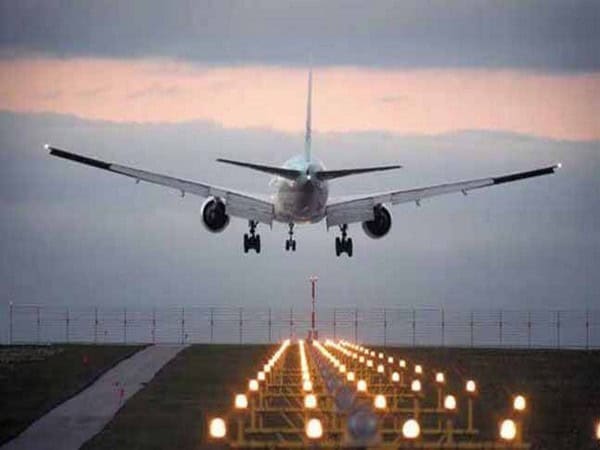NEW DELHI: Indian airlines have suffered losses worth over ₹548 crore due to airspace closure by Pakistan after the Balakot air strike in February, the Centre said on Wednesday.
In a written response to a question in Rajya Sabha, Minister of State for Civil Aviation (Independent Charge) Hardeep Singh Puri said the national carrier Air India lost ₹491 crore till July 2, while IndiGo suffered a loss of ₹25.1 crore till May 31. SpiceJet and GoAir lost ₹30.73 crore and ₹2.1 crore, respectively till June 20.
“The airspace closure by Pakistan is a unilateral measure that followed the non-military counter-terrorism airstrike by the Indian Air Force against terror camp in Balakot in Pakistan in February 2019,” Puri said in the upper House of Parliament.
Earlier, an Air India official told ANI that the national carrier was losing 6 crore a day due to airspace closure by Pakistan.
On Friday, Pakistan announced to extend the closure of its airspace till July 12.
Pakistan had fully shut its airspace on the eastern border with India after the Indian Air Force carried out aerial airstrikes on a Jaish-e-Mohammed (JeM) terror camp in Balakot on February 26.
In mid-April, Pakistan opened one of its 11 air routes for west-bound flights from India; and airlines like Air India and Turkish Airlines have started using it.
The strikes on the terror camp were in response to the terror attack in Pulwama, Jammu and Kashmir, on February 14, in which 40 CRPF personnel lost their lives.
In March, the neighbouring country partially opened its airspace but did not allow Indian flight to fly over its airspace.
Since then, foreign carriers using Indian airspace have been forced to take costly detours because they cannot fly over Pakistan. The closure mainly affects flights from Europe to Southeast Asia.
Pakistan lies in the middle of a vital aviation corridor whereby the airspace restrictions, which have been continuing since a long time, impacts hundreds of commercial flights per day, extending flight timings for passengers, as well as fuel costs for airlines.
Prime Minister Narendra Modi, who attended the Shanghai Cooperation Organisation (SCO) summit in Kyrgyz capital Bishkek last week, had to divert his special flight and went via the circuitous route through Oman and Iran, instead of using the Pakistan air space.

